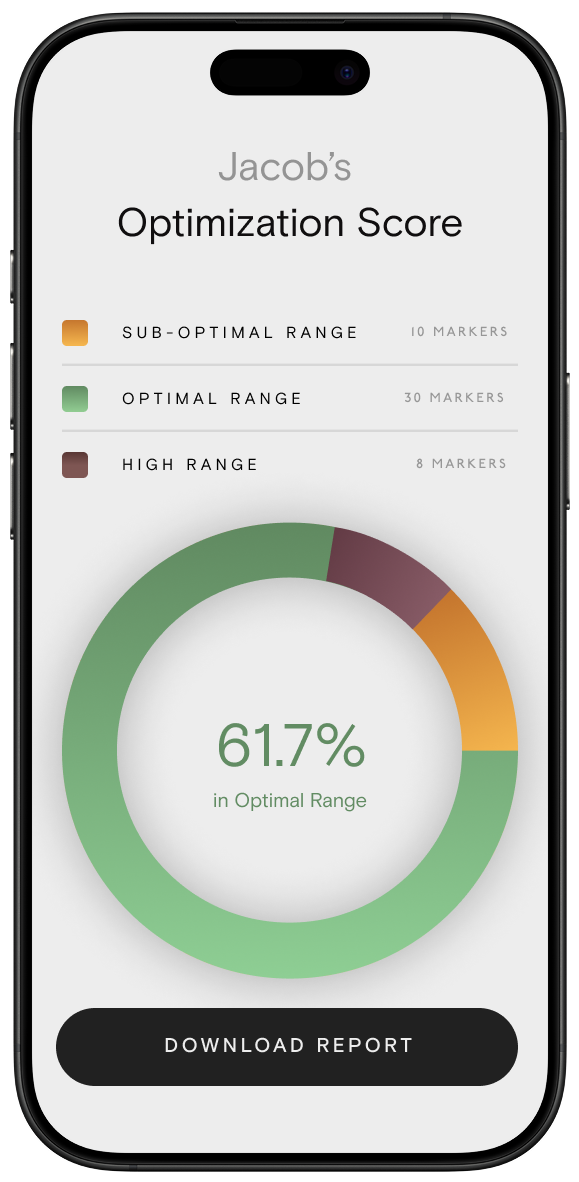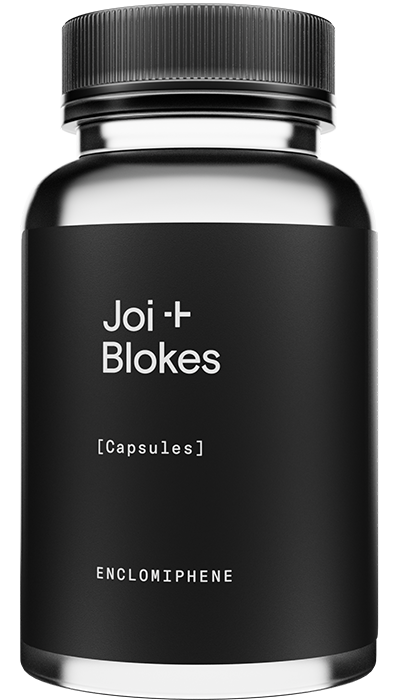Key Insights from Dr. Ben Bikman
In an enlightening conversation hosted by Joi + Blokes, renowned metabolic scientist Dr. Ben Bikman joined the team to explore the intricacies of metabolic health, insulin resistance, hormonal interplay, and the science behind common chronic conditions. As a seasoned researcher and passionate advocate, Dr. Bikman unraveled the science in an accessible and actionable way. Here are the key takeaways.
What Is Metabolic Health Really About?
Metabolic health goes beyond just weight or blood sugar. Dr. Bikman defines it as one’s position on the spectrum of insulin resistance. Most chronic diseases today—ranging from type 2 diabetes and PCOS to Alzheimer’s and erectile dysfunction—are closely linked to insulin resistance.
Conventional medicine often focuses on glucose, but Dr. Bikman emphasized this as a “late-stage” marker. The real culprit, he says, is elevated insulin long before glucose levels change. Detecting elevated insulin early allows for timely lifestyle interventions that can reverse the trajectory toward chronic disease.
A Society in Crisis: How Did We Get Here?
A staggering 88-93% of Americans are metabolically unhealthy. The roots of this crisis trace back to flawed dietary guidelines popularized by Dr. Ancel Keys in the 1950s. His infamous Seven Countries Study blamed fat for heart disease, sidelining critical data that didn’t support his hypothesis. The result? A nationwide demonization of fats and an overconsumption of carbohydrates—particularly from processed sources.
This cultural shift led to what Dr. Bikman calls the “plagues of prosperity”—chronic diseases once rare that now dominate global health concerns, especially in regions like East and Southeast Asia.
Fat Cells: The Unexpected Metabolic Players
Forget what you think you know about fat. It’s not the amount, but the size of your fat cells that matters most. Larger fat cells (hypertrophy) trigger insulin resistance and inflammation. Ethnic differences in fat storage capacities explain why some populations—despite being leaner—have higher diabetes rates.
Dr. Bikman highlighted that fat cells can even behave like hormone factories. In men, excessive fat can convert testosterone into estrogen, lowering testosterone levels and compounding health problems. Women’s fat cells, particularly post-menopause, take on greater hormonal roles as ovarian hormone production declines.
Hormones and Metabolic Health: A Two-Way Street
Both testosterone and estrogen have profound effects on metabolic health. In women, estrogen provides a protective effect, increasing fat turnover and improving insulin sensitivity—until menopause hits. Men with low testosterone (hypogonadism) often face increased fat gain and insulin resistance.
Interestingly, Dr. Bikman shared personal experiences using Clomiphene to safely and dramatically raise his testosterone levels—illustrating the effectiveness of such treatments under medical guidance.
The Hidden Impact of Stress and Sleep on Insulin
Chronic stress and poor sleep are stealthy saboteurs of metabolic health. Elevated cortisol levels (from stress or inadequate sleep) can cause insulin resistance in real time. Dr. Bikman advised prioritizing sleep quality by avoiding carbohydrate-heavy meals before bed, as high blood sugar levels trigger restlessness and overheating—disrupting sleep cycles.
For those battling cravings late at night, high-fat bedtime snacks (like coconut oil in tea) can promote ketone production and stabilize blood sugar for deeper, more restorative sleep.
GLP-1 Drugs: A Tool, Not a Crutch
GLP-1 agonists like semaglutide have gained popularity for weight loss, but Dr. Bikman cautioned against overreliance—especially at high doses. Instead, he advocates using these drugs as temporary aids for individuals struggling with carbohydrate cravings. The goal? To build momentum and relearn healthy eating habits, not become dependent on medication.
Final Thoughts: Empowerment Through Knowledge
Dr. Bikman concluded by underscoring the mission alignment with Joi + Blokes—empowering individuals through science-backed, personalized wellness. With the right biomarkers (like fasting insulin, HOMA score, triglyceride-to-HDL ratio), anyone can track their progress and take control of their health.
This webinar wasn’t just a masterclass in metabolic science—it was a call to action. Whether you’re dealing with fatigue, hormonal imbalances, or weight gain, understanding and improving insulin sensitivity is a game-changer.
Ready to Take Control of Your Metabolic Health?
Discover how Joi + Blokes can help you assess your insulin resistance, optimize your hormones, and create personalized, sustainable plans to reclaim your health.
About Dr. Ben Bikman
Dr. Ben Bikman is a metabolic scientist specializing in the molecular mechanisms behind disorders like obesity, type 2 diabetes, and dementia. With a Ph.D. in Bioenergetics and postdoctoral training at Duke-National University of Singapore, his research focuses on the contrasting roles of insulin and ketones in metabolic health. He leads the Laboratory of Obesity and Metabolism, where his team investigates insulin resistance, fat accumulation, and mitochondrial dysfunction. Dr. Bikman’s work explores how chronic insulin elevation affects metabolism, brain function, and energy expenditure, and he regularly publishes his findings in scientific journals and presents at international conferences.


















